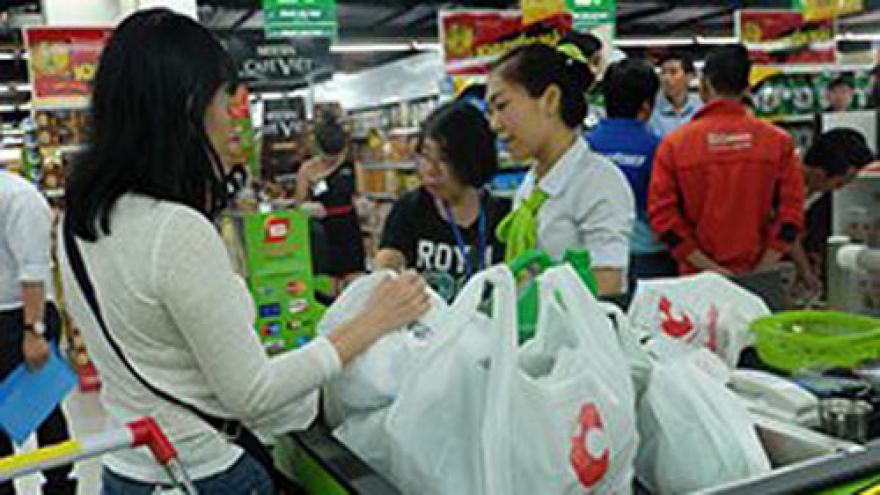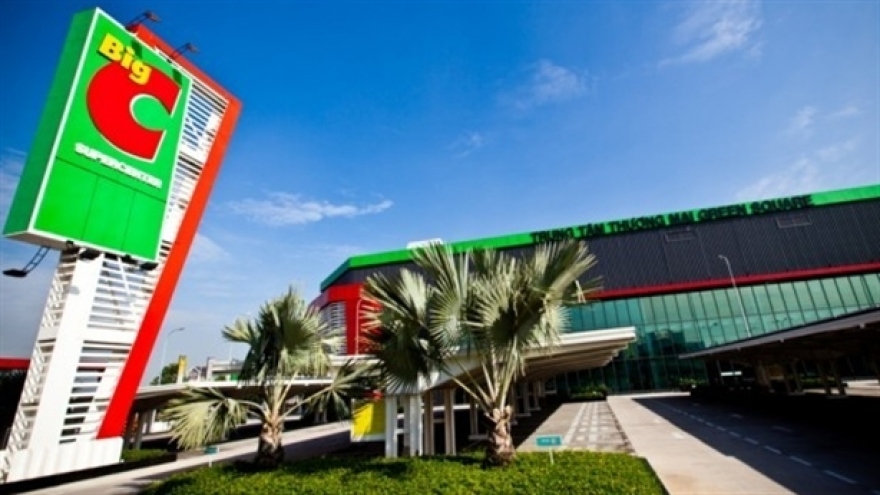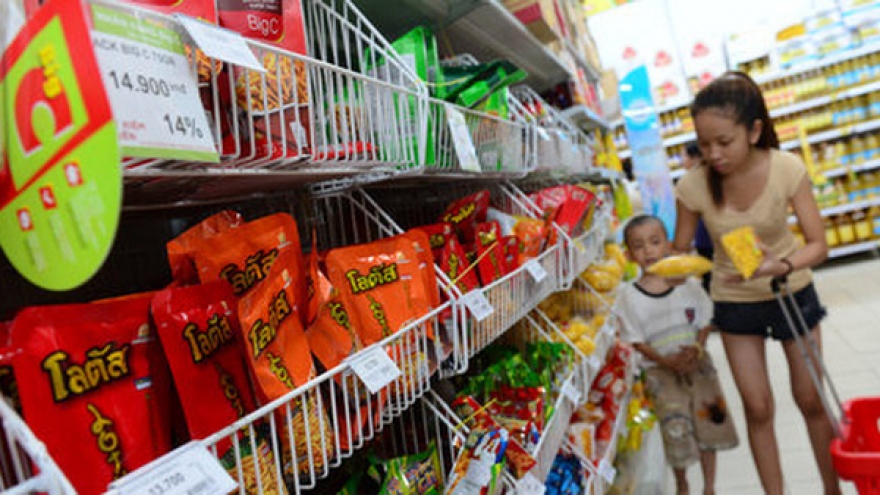What can Thai's Central Group expect from Vietnam?
Spending billions of dollars in Vietnam, the Central Group is a powerful conglomerate. However, earnings from the business in Vietnam remain in question.
 |
Before acquiring Big C, Central Group was a well-known name in Vietnam with deals of taking over Nguyen Kim, a home appliance distribution center, in January 2015, and buying Zalora, an e-commerce website.
After selling 49 percent of its stakes to Power Buy, a subsidiary of Central Group, Nguyen Kim stated that it would implement a plan to expand the network under which 50 supermarkets would be opened by 2020.However, the expansion has not been implemented. No new supermarket has been opened in the last year. Meanwhile, Nguyen Kim’s rivals have been expanding their networks.
Tran Anh, for example, now has nine supermarkets in Hanoi and 15 in northern provinces. Meanwhile, Dien May Xanh chain opened 22 new supermarkets just within three months of the year, raising the total number of supermarkets to 91.
Regarding Nguyen Kim’s market share, a report of EUI showed that it held 27 percent of market share in 2010.
Meanwhile, in early 2016, The Gioi Di Dong cited a GfK’s report as saying that Nguyen Kim’s market share is 12 percent only.
An analyst said that the sharp fall in the market share and the failure to expand the network are signs of business decline.
Meanwhile, risks can be seen in the other two deals Central Group has just made – buying Zalora and cooperating with Lan Chi.
The Vietnamese e-commerce market has high potential, but it is very resistant to crack open. This is why observers say it is a ‘meat grinder’ that can grind all players, big and small.
Deca, foodpanda and beyeu, one after another, have shut down. Meanwhile, more and more big players have joined the market, including Alibaba which has taken over Lazada and adayroi.
Zalora has been reported as repeatedly taking losses for many years. Therefore, analysts said Central Group would need more time and have to spend more money to improve Zalora’s business performance.
As for cooperation with Lan Chi, the supermarket chain is in the suburbs of Hanoi, which targets consumers in rural areas who have low- and medium incomes.
Meanwhile, the low-cost market segment is where Vietnamese enterprises have bigger advantages than foreign ones.



